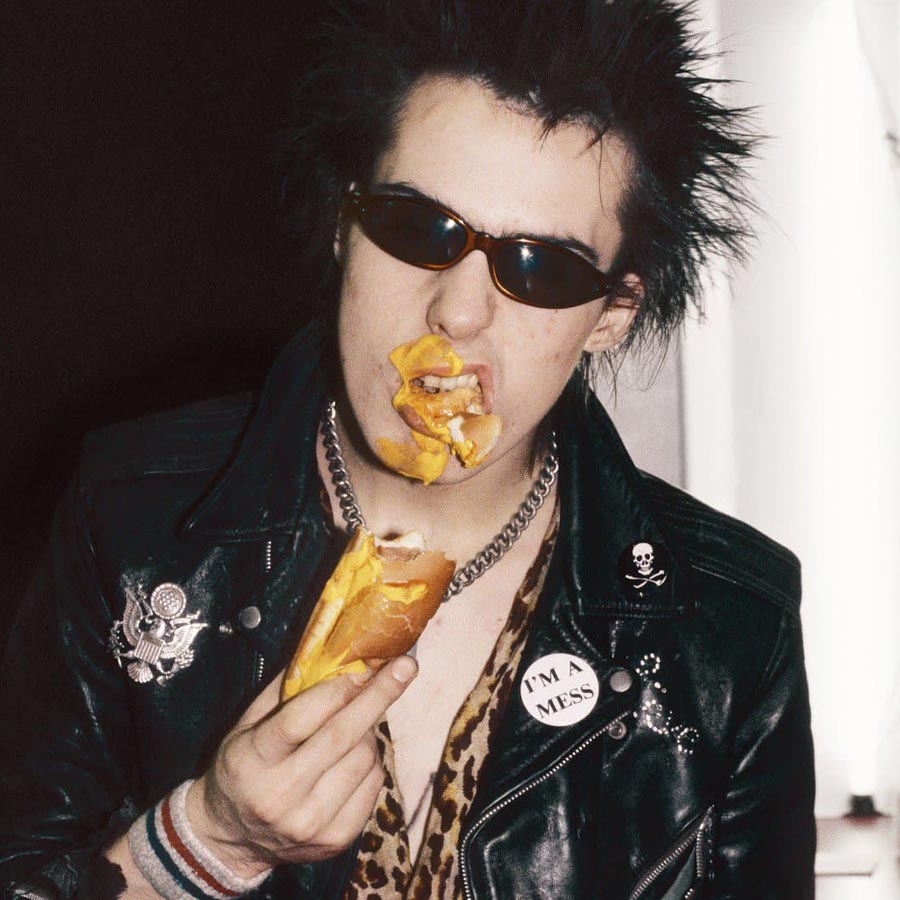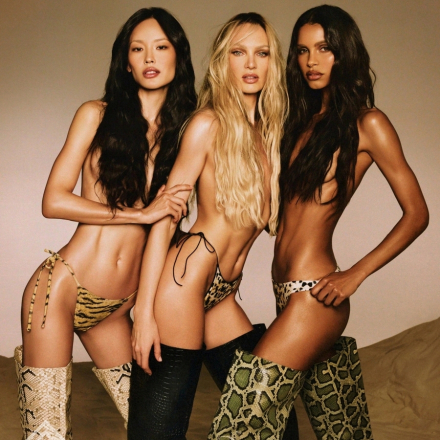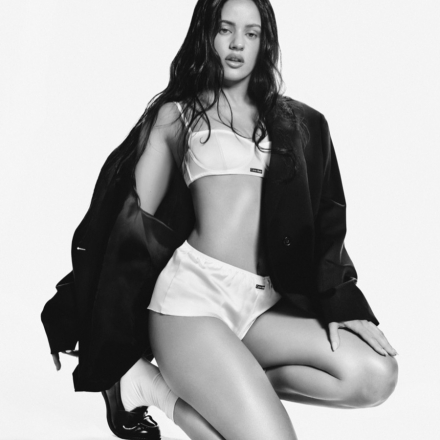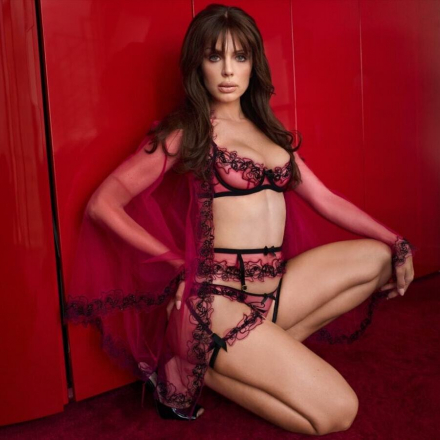Punk rock is not just a musical genre; it's a cultural movement that, in the 1970s, turned the world of music and fashion upside down, leaving an indelible mark on history. From its inception to the present day, punk rock continues to inspire and provoke debate. This article takes us on an engaging journey through the history of punk, from its roots to its impact on contemporary culture.
Roots and Origins
Punk rock emerged in the late 1970s when youth around the world sought ways to express their dissatisfaction and protest against established norms and traditions. Music and fashion became embodiments of this rebellion. To understand punk rock’s origins, we need to look back to the 1960s when protest music and countercultural movements started gaining popularity.
Proto-Punk Influences
Before punk rock took its classic form, there were artists and bands whose music and style acted as precursors to punk. In the United States, for instance, groups like The Velvet Underground and The Stooges were early influencers. The Velvet Underground, led by Lou Reed and John Cale, was known for its unconventional approach to music and lyrics addressing social and sexual themes, setting the stage for punk rock.
The Stooges, led by Iggy Pop, introduced a raw, energetic sound and provocative lyrics, embodying the aggression and independence that became central to punk culture.
The Birth of Punk Rock
Punk rock as a distinct genre was taking shape in the 1970s, with key scenes developing in New York and London.
New York
In New York, bands like the Ramones, Television, and Patti Smith Group emerged in the early 1970s, becoming icons of punk rock. The Ramones, formed in 1974, were one of the first bands to define punk rock's sound: short, simple songs with a fast tempo and minimalist instrumentation. Their music was a reaction to the complex and overproduced popular music of the time.
Television added an art-rock element to punk with more complex guitar parts and intellectual lyrics. Meanwhile, Patti Smith blended poetry and rock-n-roll, creating a unique sound and imagery that became integral to punk culture.
London
In London, punk rock became even more radical and political. Bands like the Sex Pistols and The Clash became symbols of the British punk movement. The Sex Pistols, formed in 1975, revolutionized the music and cultural scene in the UK with their raw sound and scandalous public antics. Their album "Never Mind the Bollocks, Here's the Sex Pistols" became a manifesto for punk culture.
The Clash, on the other hand, incorporated reggae, rockabilly, and other genres into punk. Their politically charged lyrics and social activism made them one of the most influential punk bands, contributing to the development of political punk and social activism.
Expansion and Popularization
By the 1980s, punk rock began to expand and evolve, appearing in various forms and sub-genres. In the US and UK, different sub-genres of punk rock started emerging.
Hardcore Punk
On the West Coast of the US, particularly in Los Angeles, hardcore punk developed. Bands like Black Flag, Dead Kennedys, and Minor Threat created a faster, more aggressive sound. Hardcore punk often combined anarchist and anti-authoritarian ideas, creating a more extreme and politically charged aspect of punk.
Post-Punk
In the UK, post-punk emerged as the next step in punk’s evolution. Bands like Siouxsie and the Banshees and Joy Division introduced a more experimental and darker sound. Post-punk was characterized by more complex musical structures and deep lyrics, reflecting a more somber and introspective direction in music.
Global Spread
By the 1990s, punk rock had become a global phenomenon, reaching many countries and cultures. In each country, punk adopted unique forms, reflecting local social and cultural contexts.
Punk in Japan
In Japan, punk rock emerged in the early 1980s and developed into a distinct subculture. Bands like The Stalin and Gism became known for their aggressive style and active political stance. Japanese punk was a defining element of Japanese youth culture and significantly influenced the local rock scene.
Punk in Latin America
In Latin America, punk rock gained popularity in the 1980s. In countries like Mexico and Brazil, punk became an important element of counterculture and social protest. Bands like Los Prisioneros from Chile and Ratos de Porão from Brazil used punk to express discontent with the political and social situations in their countries.
Contemporary Status and Legacy
Today, punk rock remains a vibrant and relevant genre. Modern punk bands continue to explore and develop the ideas and styles left by their predecessors. Punk has also significantly influenced other musical genres, such as alternative rock and indie rock.
Punk in Fashion
Punk has had a significant impact on fashion as well. In the 1970s, designers like Vivienne Westwood and Malcolm McLaren began incorporating punk elements into fashion, creating unique and provocative designs. The punk aesthetic, including leather jackets, spikes, and ripped jeans, became a symbol of rebellion and independence.
Punk in Culture
Punk rock culture continues to live on through films, books, and art. Films like "Sid and Nancy" and "The Decline of Western Civilization" document the lives of punk legends and punk's impact on society. Punk aesthetics and ideology remain important elements in pop culture and youth fashion.
Punk rock is not just music but a cultural phenomenon that changed the world. Its history, from the early experiments in New York and London to global spread and impact on contemporary culture, is a testament to the power of music as a form of expression and protest. Punk rock continues to inspire and provoke, remaining one of the most vibrant and significant parts of musical and cultural history.


















